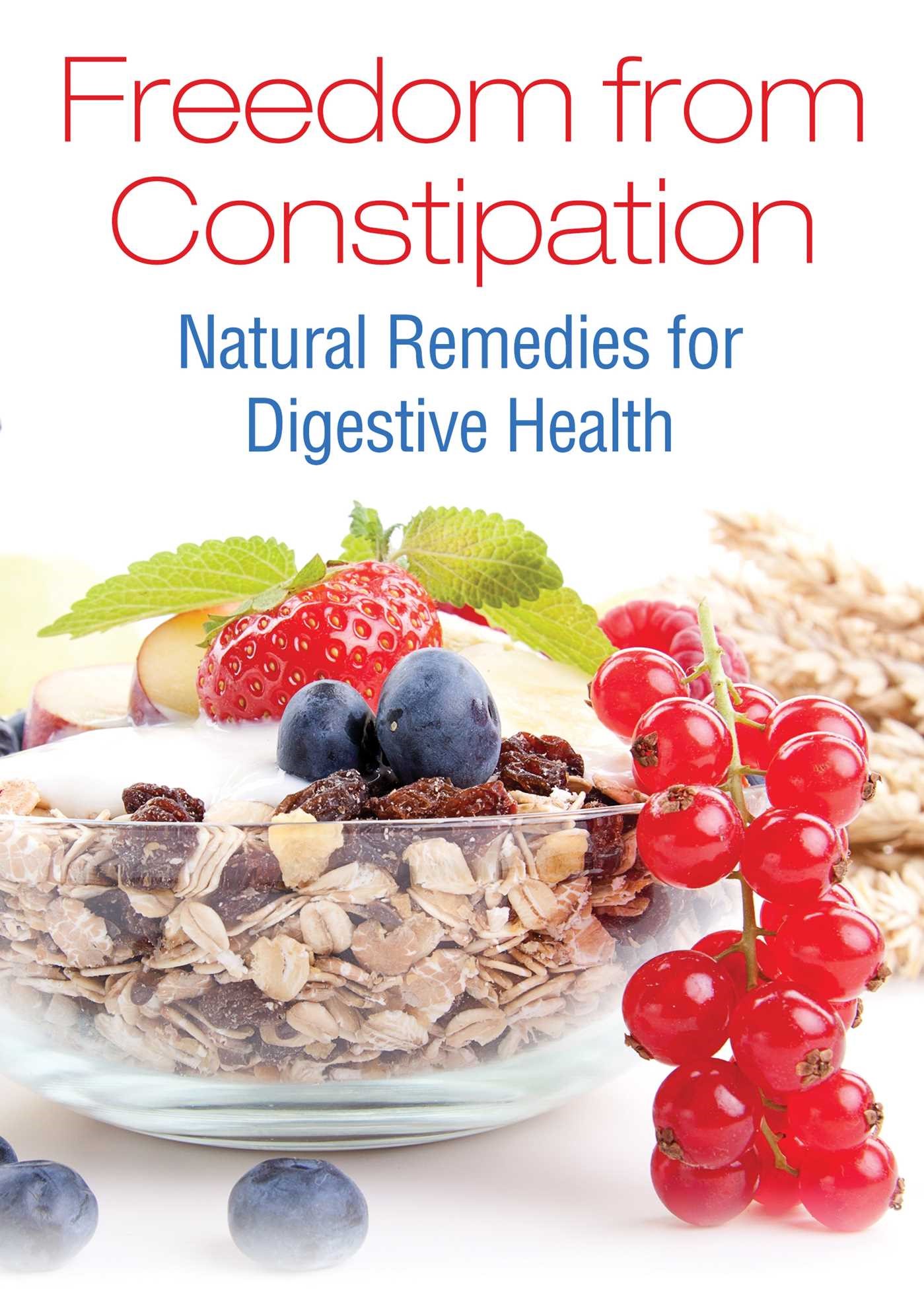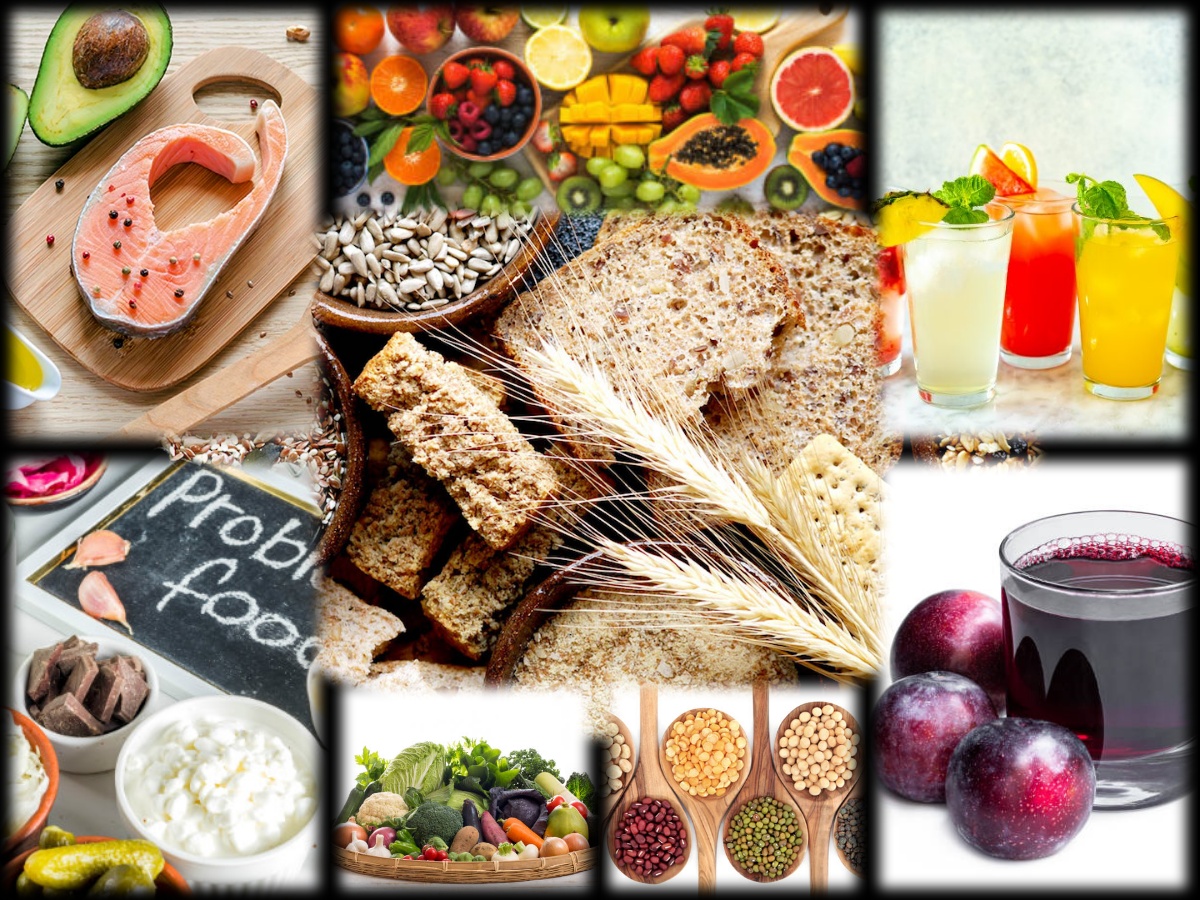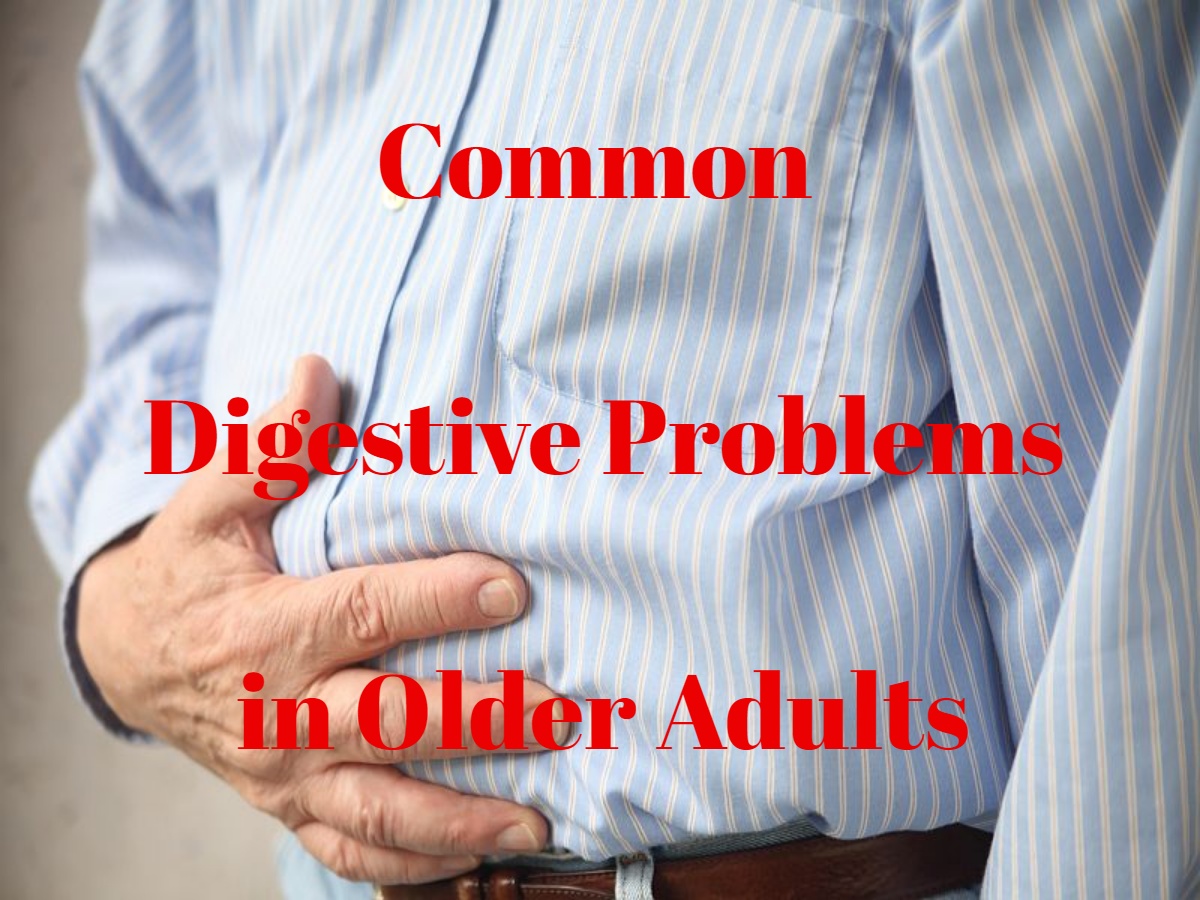Constipation is a common digestive disorder that affects people of all ages, causing discomfort and impacting overall health. This article explores a comprehensive approach to managing constipation, combining natural remedies with modern medical interventions to offer relief and improve digestive health.
Table of Contents
Understanding Constipation
Causes of Constipation
The causes of constipation are varied and can include lifestyle choices, dietary habits, medical conditions, and certain medications. Here are some of the primary factors:
- Dietary Habits: A diet low in fiber is a common cause. Fiber helps to bulk up stools and promotes more regular bowel movements. Without sufficient fiber, stools can become hard and difficult to pass.
- Fluid Intake: Inadequate hydration can lead to dehydration, making stool hard and difficult to pass. Drinking enough water is crucial for preventing constipation.
- Physical Activity: Lack of exercise or a sedentary lifestyle can decrease bowel motility, leading to constipation.
- Medications: Certain medications, including painkillers, antidepressants, and iron supplements, can cause constipation as a side effect.
- Medical Conditions: Some health conditions, such as diabetes, thyroid disorders, and irritable bowel syndrome (IBS), can contribute to constipation.
- Age: Constipation is more common in older adults, partly due to decreased physical activity, changes in diet, and the use of certain medications.
Symptoms of Constipation
Symptoms of constipation can vary from person to person but typically include:
- Infrequent Bowel Movements: Having fewer than three bowel movements a week is considered a common indicator of constipation.
- Difficult or Strained Bowel Movements: Experiencing difficulty or discomfort during bowel movements is a hallmark of constipation.
- Hard or Lumpy Stools: Constipation often results in hard, dry, or lumpy stools that are difficult to pass.
- Feeling of Incomplete Evacuation: After passing stool, there may be a sensation that not all stool has been evacuated.
Understanding constipation is the first step toward effectively managing it. By recognizing the causes and symptoms, individuals can take proactive steps towards alleviating this condition through dietary changes, increased physical activity, and, when necessary, consulting with a healthcare professional for further advice and treatment.

Causes of Constipation
Dietary Habits
- Low Fiber Intake: A diet lacking in fiber is a leading cause of constipation. Fiber adds bulk to the stool and helps it pass more smoothly through the intestines.
- Inadequate Hydration: Not drinking enough water can make stools hard and difficult to pass, as the body absorbs water from the stool to maintain hydration.
- Excessive Dairy or Processed Foods: Consuming a lot of dairy products and processed foods, which are low in fiber, can contribute to constipation.
Physical Activity
- Lack of Exercise: Physical inactivity can lead to constipation. Regular exercise helps stimulate intestinal activity and bowel movements.
Medications
- Certain Medications: Many medications, including painkillers (especially opioids), some antidepressants, iron supplements, and antacids containing calcium or aluminum, can cause constipation as a side effect.
Medical Conditions
- Neurological Disorders: Conditions like Parkinson’s disease and multiple sclerosis can affect the nerves that help move stool through the intestines.
- Endocrine and Metabolic Conditions: Disorders such as diabetes, hypothyroidism, and hypercalcemia can slow down bowel movements.
- Intestinal Obstructions or Diseases: Blockages in the colon or rectum, colon cancer, and other diseases can directly cause constipation.
- Irritable Bowel Syndrome (IBS): People with IBS may experience alternating periods of constipation and diarrhea.
- Pelvic Floor Dysfunction: Conditions that affect the muscles and nerves of the pelvic floor can make it difficult to efficiently evacuate stool.
Lifestyle Factors
- Changes in Routine or Lifestyle: Travel, changes in meal timing, or drastic changes in daily routines can affect bowel regularity.
- Ignoring the Urge to Go: Regularly ignoring the body’s signals for bowel movements can lead to constipation over time.
Age-Related Factors
- Aging: The digestive system slows down with age, and the muscles in the digestive tract do not work as efficiently, which can lead to constipation. Older adults are also more likely to be on medication regimens that could include constipation as a side effect.
Psychological Factors
- Stress and Anxiety: Emotional and psychological stress can influence the digestive process and lead to constipation.
Recognizing the various causes of constipation is crucial for identifying the best ways to prevent and treat it. For many, making lifestyle and dietary changes can significantly improve symptoms, while others may require medical treatment for underlying conditions contributing to their constipation.
Symptoms of Constipation
Constipation is characterized by a decrease in the frequency of bowel movements, often accompanied by difficulty in passing stools. The symptoms can vary from person to person but typically include:
- Infrequent Bowel Movements: One of the most common signs of constipation is having fewer than three bowel movements a week.
- Hard, Dry, or Lumpy Stools: Stools may be difficult to pass and may appear dry or lumpy, indicating a lack of moisture which is essential for smooth bowel movements.
- Straining to Pass Stools: Individuals often experience straining, discomfort, or pain during bowel movements due to the hard nature of the stools.
- Feeling of Incompleteness: After a bowel movement, there may be a sensation that not all the stool has been passed, often described as an incomplete evacuation.
- Bloating or Abdominal Pain: Constipation can lead to a feeling of bloating or discomfort in the abdomen, sometimes accompanied by pain due to the accumulation of stool.
- Decreased Appetite: Some people may experience a decreased appetite as a result of the discomfort or bloating associated with constipation.
- Needing Help to Empty the Rectum: In some cases, individuals may need to manually press on their abdomen or use their fingers to remove stool from the rectum.
It’s important to note that while these symptoms are common indicators of constipation, they can also be symptoms of other health issues. If constipation is persistent, causes significant pain, or is accompanied by symptoms like blood in the stool, unexplained weight loss, or changes in bowel habits, it’s crucial to seek medical advice. These could be signs of a more serious condition that requires medical intervention.

Natural Remedies for Constipation
Dietary Adjustments
- Increase Fiber Intake: Consuming high-fiber foods such as fruits (berries, oranges, apples with skin), vegetables (broccoli, leafy greens), whole grains (oats, bran, whole wheat pasta), and legumes (lentils, black beans) can help add bulk and softness to the stool, making it easier to pass.
- Stay Hydrated: Drinking plenty of water and other fluids like herbal teas can help soften the stool. Avoid caffeinated beverages as they can lead to dehydration.
- Prunes and Prune Juice: Prunes are rich in fiber and contain sorbitol, a natural laxative that helps to soften stools and stimulate bowel movements.
- Flaxseeds and Chia Seeds: These seeds are high in fiber and omega-3 fatty acids, which can aid in bowel movement when consumed with plenty of water.
Lifestyle Changes
- Regular Exercise: Physical activity can increase muscle activity in the intestines, helping to move stools more efficiently through the colon. Even a daily walk can be beneficial.
- Establish a Routine: Try to go to the bathroom at the same time every day, especially after meals, to establish a regular bowel movement pattern.
- Mindful Eating: Eat slowly and chew your food thoroughly to aid digestion and absorption, reducing the chances of constipation.
Home Remedies
- Herbal Teas: Certain herbal teas, such as ginger, peppermint, and senna (use with caution as senna is a strong stimulant laxative), can promote digestion and relieve constipation.
- Warm Lemon Water: Drinking a glass of warm water with lemon in the morning can stimulate the digestive system and encourage bowel movements.
- Abdominal Massage: Gently massaging the abdomen in a clockwise direction can help stimulate the colon to move stools.
Probiotics
- Consume Probiotic Foods: Yogurt, kefir, sauerkraut, and other fermented foods contain beneficial bacteria that can improve gut health and facilitate regular bowel movements.
It’s important to note that while these natural remedies can be effective for mild cases of constipation, they may not be suitable for everyone, especially if constipation is a symptom of a medical condition. If constipation persists or is accompanied by other symptoms like abdominal pain, blood in the stool, or unexpected weight loss, it’s essential to consult a healthcare professional for a proper diagnosis and treatment plan.

Modern Methods to Combat Constipation
Over-the-Counter (OTC) Solutions
- Fiber Supplements: Products like psyllium husk, methylcellulose, and inulin can help increase dietary fiber intake, softening stools and making them easier to pass.
- Stool Softeners: Docusate sodium is a commonly used stool softener that helps moisten the stool by drawing water from the intestines.
- Osmotic Laxatives: Substances like polyethylene glycol and lactulose work by pulling water into the bowel to soften stool and stimulate bowel movements.
- Stimulant Laxatives: Senna and bisacodyl are stimulant laxatives that trigger the intestines to contract, moving stools more quickly through the bowel. These should be used sparingly as they can lead to dependency if used long-term.
Prescription Medications
For those with chronic constipation, especially when related to specific medical conditions, doctors may prescribe stronger medications:
- Lubiprostone (Amitiza): Increases fluid secretion in the intestine to soften stools and promote passage through the bowel.
- Linaclotide (Linzess) and Plecanatide (Trulance): Work by increasing fluid secretion and speeding up bowel movements. They are specifically approved for chronic idiopathic constipation and IBS with constipation.
- Prucalopride (Motegrity): A type of drug known as a serotonin receptor agonist that speeds up bowel movements.
Surgical Interventions
Surgery is typically reserved for severe cases of constipation that do not respond to other treatments, particularly when there’s a structural issue:
- Removal of part of the colon: In cases where constipation is caused by a problem with the colon, such as a blockage or severe slow transit, surgery might be necessary.
- Rectal Surgery: For issues like rectocele or intussusception, which can block stool passage, surgical repair may be required.
Biofeedback Therapy
For constipation caused by pelvic floor dysfunction, biofeedback therapy can be an effective treatment. This therapy helps patients relearn how to use their pelvic floor muscles correctly during bowel movements.
Lifestyle and Dietary Adjustments
In conjunction with these modern methods, continuing with lifestyle and dietary adjustments remains crucial. Regular exercise, adequate hydration, and a high-fiber diet can support the effectiveness of medical treatments for constipation.
Conclusion
Combining natural remedies with modern treatments offers a comprehensive approach to managing constipation. Embracing a healthy lifestyle while seeking professional advice when needed can lead to effective management of this common condition.
FAQs
- What is the recommended amount of fiber intake to prevent constipation?
- Can overuse of laxatives lead to dependency?
- How does exercise benefit digestive health?
- Are there any side effects of prescription medications for constipation?
- When should surgery be considered for constipation?










